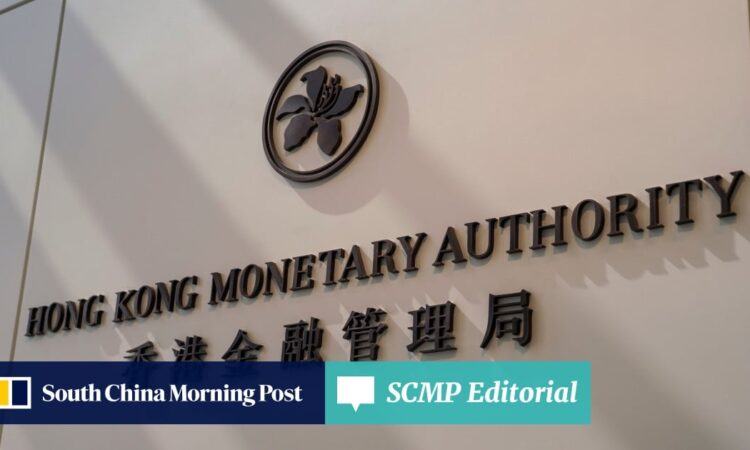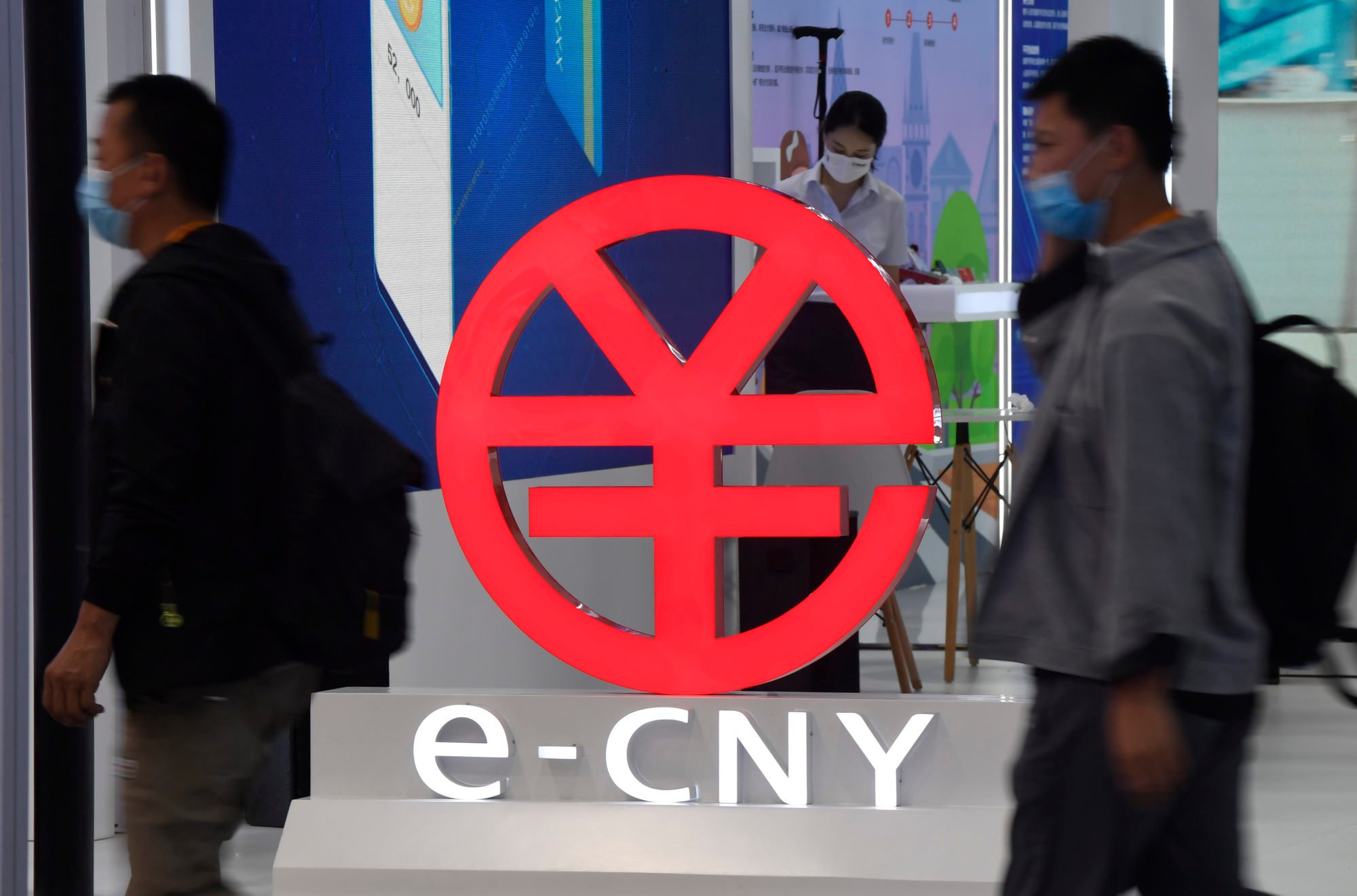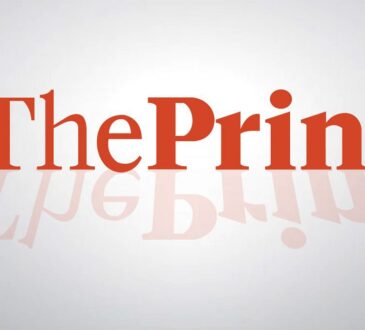
Build it and they will come. That seems to be the idea behind wCBDC, one of the world’s first wholesale digital currency platforms to be introduced in the city.
Unveiled by the Hong Kong Monetary Authority, the city’s de facto central bank, the wholesale central bank digital currency pilot aims to enable companies and banks to reduce transaction costs and service fees, and speed up trade settlement from several days to just one, which many local merchants and traders, especially those lagging in fintech, will welcome.
The city is rightly aiming for a first-mover advantage. A unified “ledger” using blockchain technology will harmonise the Hong Kong dollar and integrate other assets into a shared digital infrastructure for instant payment, clearance and settlement.
Participants may also propose apps with new functions such as smart contracts and real-time shipping cargo data to improve efficiency and mitigate risk of fraud. It is encouraging that the city is taking the initiative to fulfil the central government mandate to bolster its leading status in finance and trade.

The city’s wCBDC should not be confused with CBDCs being rolled out in mainland China, and in India, South Korea and other Asian countries, which are mainly for retail. Nor is it another version of “mBridge”, a CBDC project involving Hong Kong, mainland China, Thailand and the United Arab Emirates that allows for peer-to-peer cross-border payments and forex transactions.
The wCBDC, dubbed “Project Ensemble”, will take the city’s commerce and trade to a new level of efficiency and transparency. With participation of the HKMA and the note-issuing banks – HSBC, Hang Seng Bank, Standard Chartered and Bank of China (Hong Kong) – confidence and safety are assured.
Participants also include HashKey Group, among the first licensed cryptocurrency exchanges in Hong Kong, Microsoft and Ant Group’s Digital Technologies, a unit of Alibaba Group Holding, owner of the Post. The apps and usages by clients will be “ring-fenced” or shielded from the rest of the financial system for extra security.
They also should be user-friendly for clients. Many local merchants lack exposure to the full potential of blockchain technology and its payment tokenisation.
The introduction of wCBDC follows other related HKMA initiatives that range from experimenting with a retail CBDC and the e-HKD, to exploring the feasibility of introducing “stablecoins”. These tools use similar blockchain technology to cryptocurrencies, but the comparison ends there.
CBDC pilot boosts Hong Kong’s blockchain, international hub credentials: Yue
CBDC pilot boosts Hong Kong’s blockchain, international hub credentials: Yue
A CBDC is under control of, and has the backing of, a central bank, while crypto lacks a central authority.
This is the kind of proactive drive that a financial hub expects from its de facto central bank. After all, we are talking about nothing less than the future of money, which will be digital, not physical.

